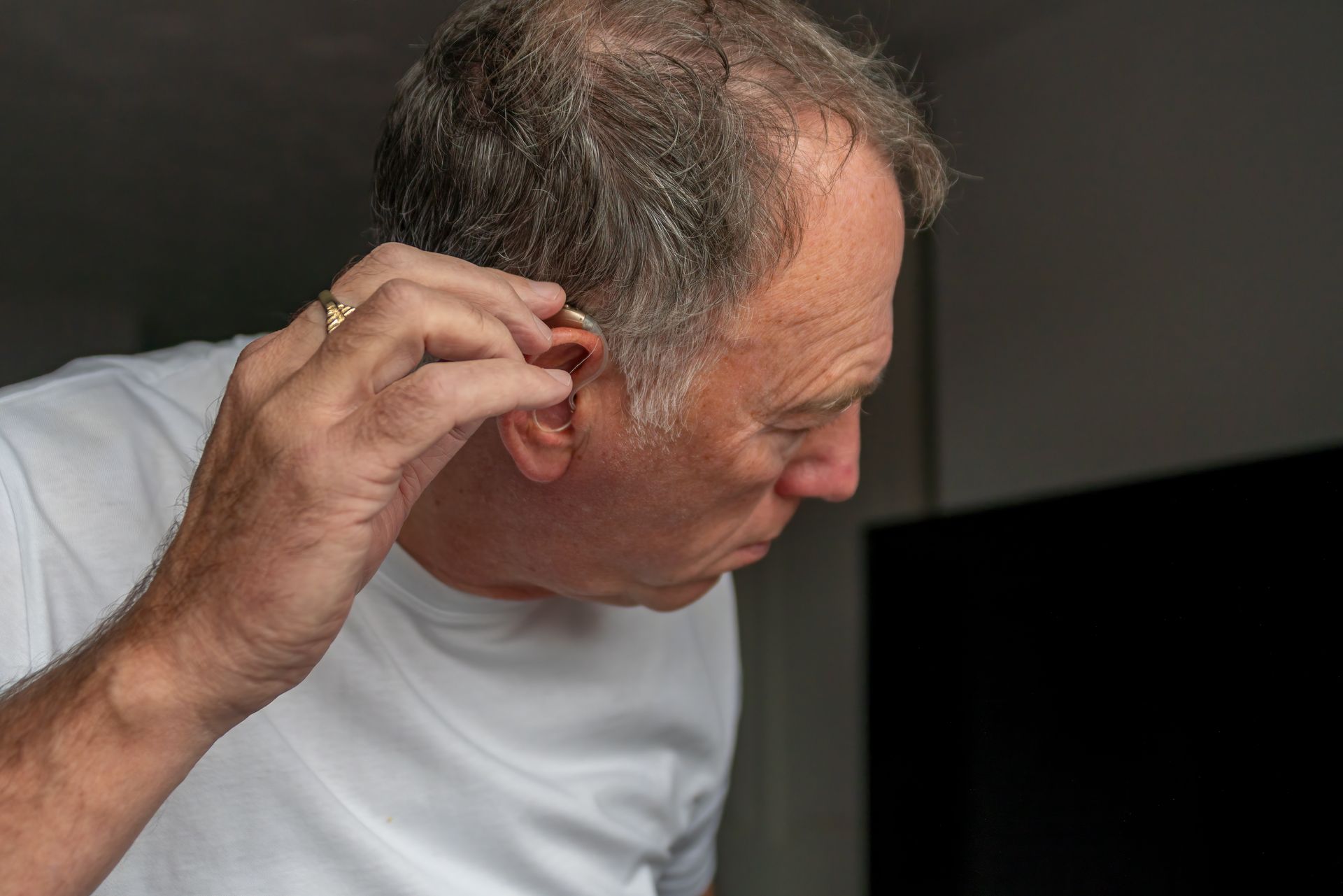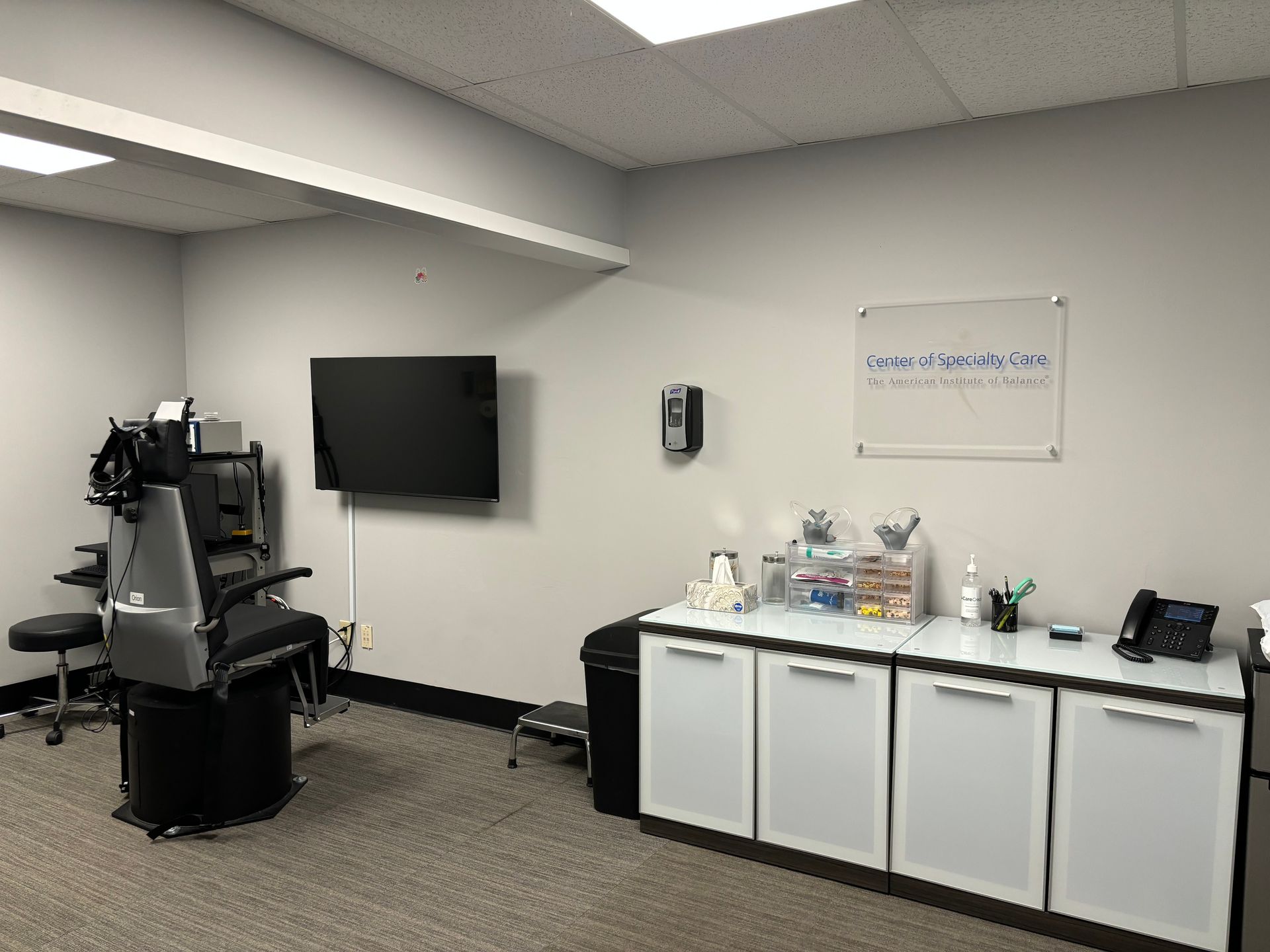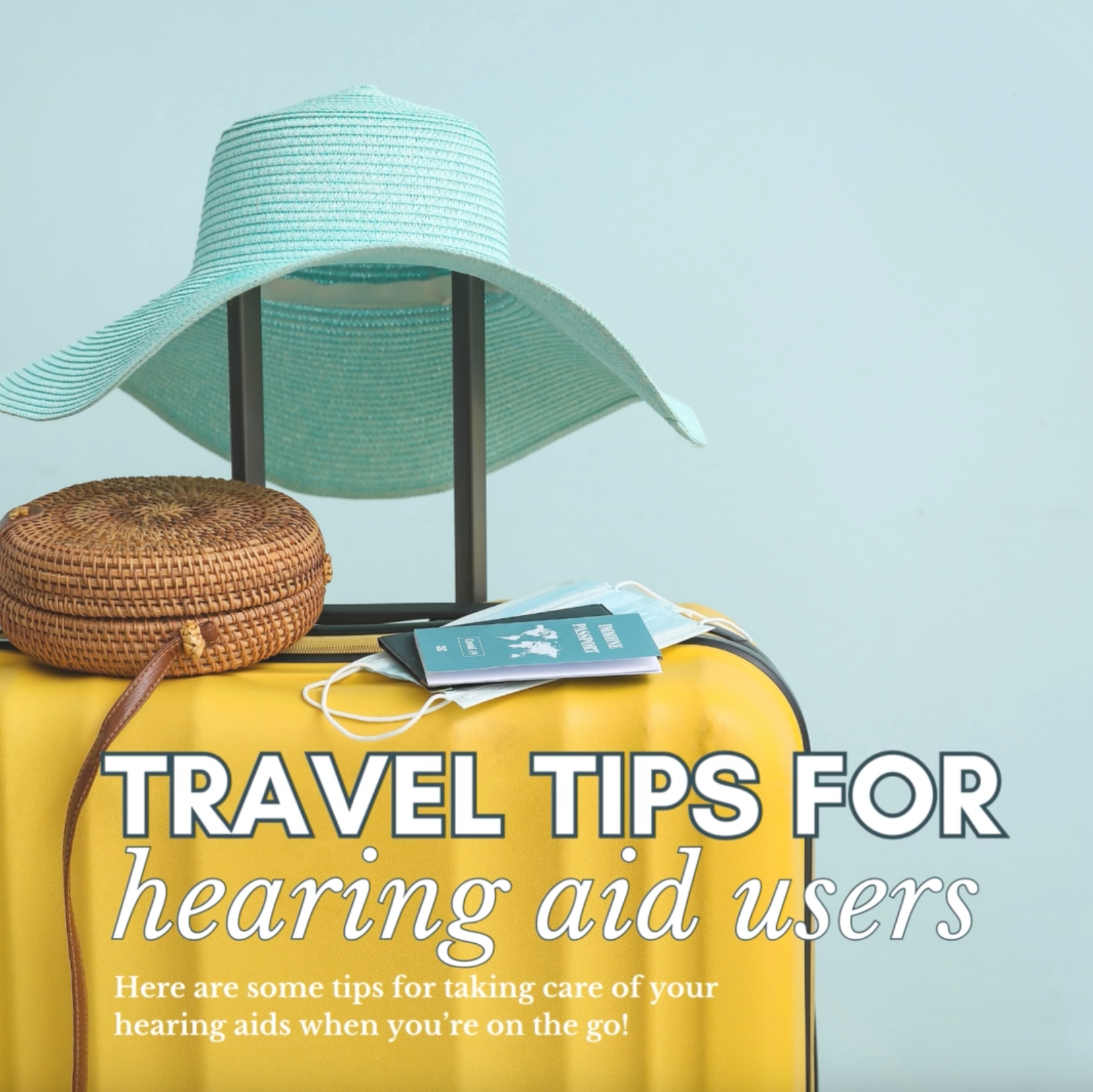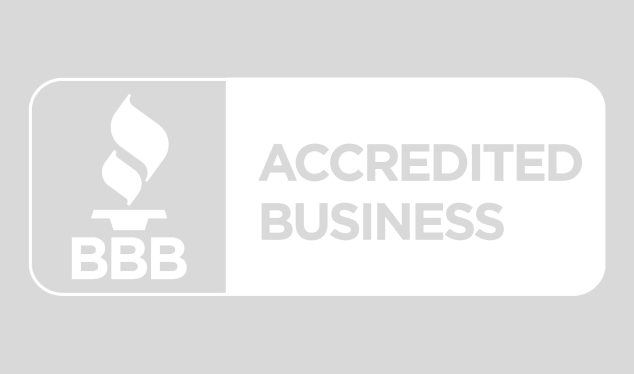I Know Why You Don’t Want Hearing Aids
I Know Why You Don't Want Hearing Aids
As an audiologist, I’ve heard a lot of excuses patients have given for refusing to consider hearing aids. Today, you’re going to hear them too! Below is a concise list of the most common reasons my patients avoid hearing aids—and why those excuses are bunk!
1. “Hearing aids are uncomfortable.” Hearing aids should never cause you discomfort! If they hurt, they are not properly fitted. I always tell my patients that if the hearing aids are uncomfortable, you will know it in the first day or two after a new hearing aid fitting. After that, something must be wrong and needs to be fixed! I can change the way they fit in your ears until they are comfortable.
2. “Hearing aids make me look old.” Something as small and inconspicuous as hearing aids often go unnoticed. I had a patient demo a hearing aid once just to see if his wife would notice! She didn’t… he was impressed. I always like to tell my patients, what do you think makes you look older… saying “what” or “huh” over and over or wearing an inconspicuous modern device behind your ear!
3. “Hearing aids are big and clunky.” While hearing aids from 15 to 20 years ago may have been large and obvious, advances in technology have decreased their size. Now, hearing aids are less than an inch long and hide behind your ears.
4. “Hearing aids are too expensive.” Hearing aids are pricey, but their cost is well worth the investment. Would you rather have the money or the ability to hear your sister’s wedding vows, the speeches at your grandson’s graduation ceremony, and the conversation at your last dinner out with friends? On average, hearing aids cost $4300 and can last anywhere from 5 to 6 years. That is about $60 per month. So, for $1.96 per day, you can continue to nurture your cognitive health and enjoy social interactions with family and friends.
5. “I don’t want to be pressured into buying something I don’t need.” At 4 Bridges Audiology, we are not pushed to meet certain quotas or sales numbers. Of paramount importance is our patients’ trust. We are not in the business of selling but of helping patients hear better and enjoy life again.
6. “I had a bad experience with a different provider.” Perhaps the most understandable concern is a bad experience with a different provider. At 4 Bridges Audiology, you can feel at ease. We have a pressure-free environment, and we stand by our 30-day trial period. We are here to help and support those in our community. The money that you spend here stays here. If you aren’t happy with our service or product, we are not happy either. We never push you into anything you aren’t comfortable pursuing.
I’ve heard many more excuses, but these are the most common reasons people give for avoiding hearing aids. Don’t get me wrong! Each concern is valid, but each concern is also easily resolved. We are happy to dispel or resolve any other concerns you have heard about hearing aids. Contact us today to schedule an appointment!
